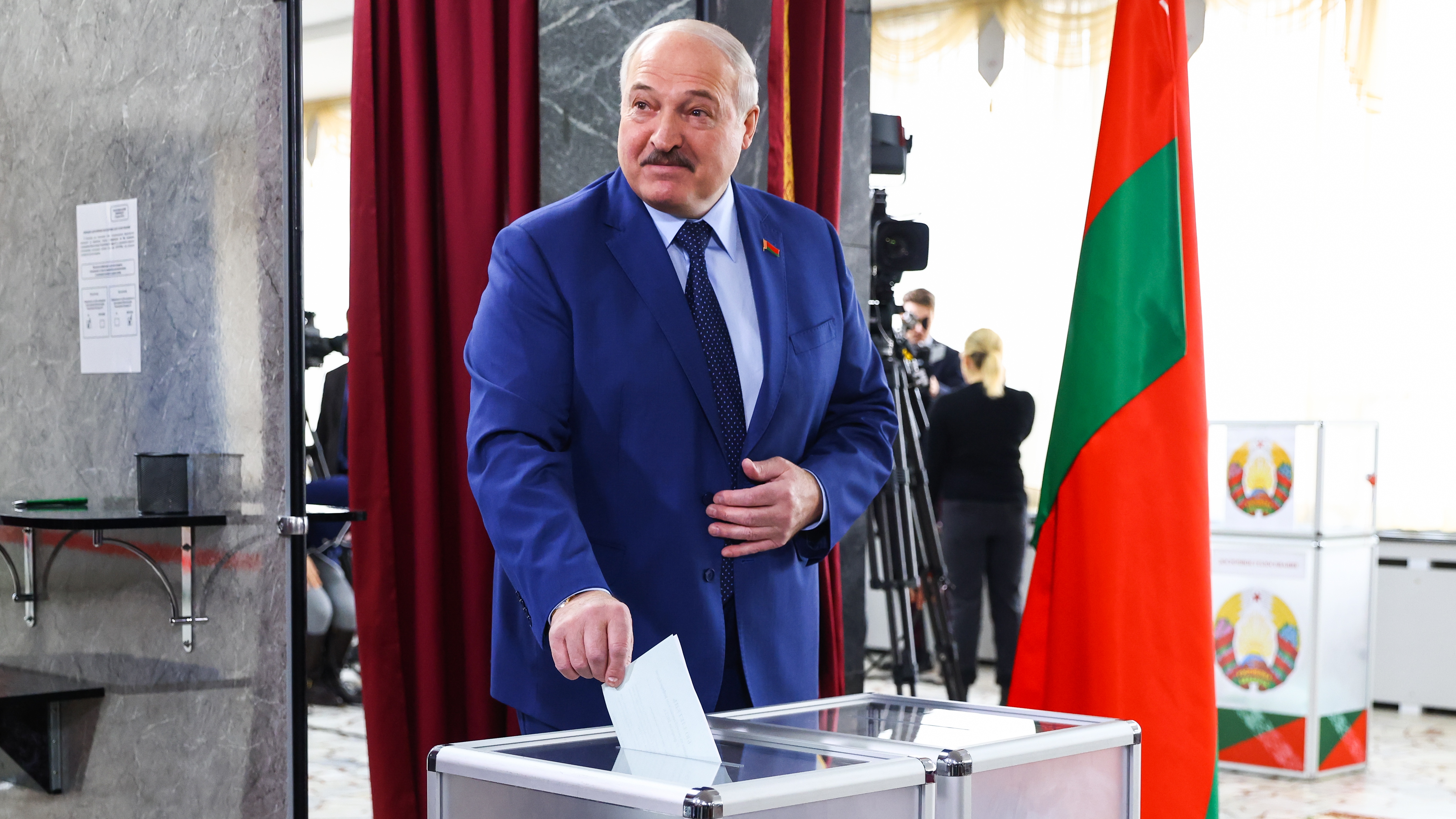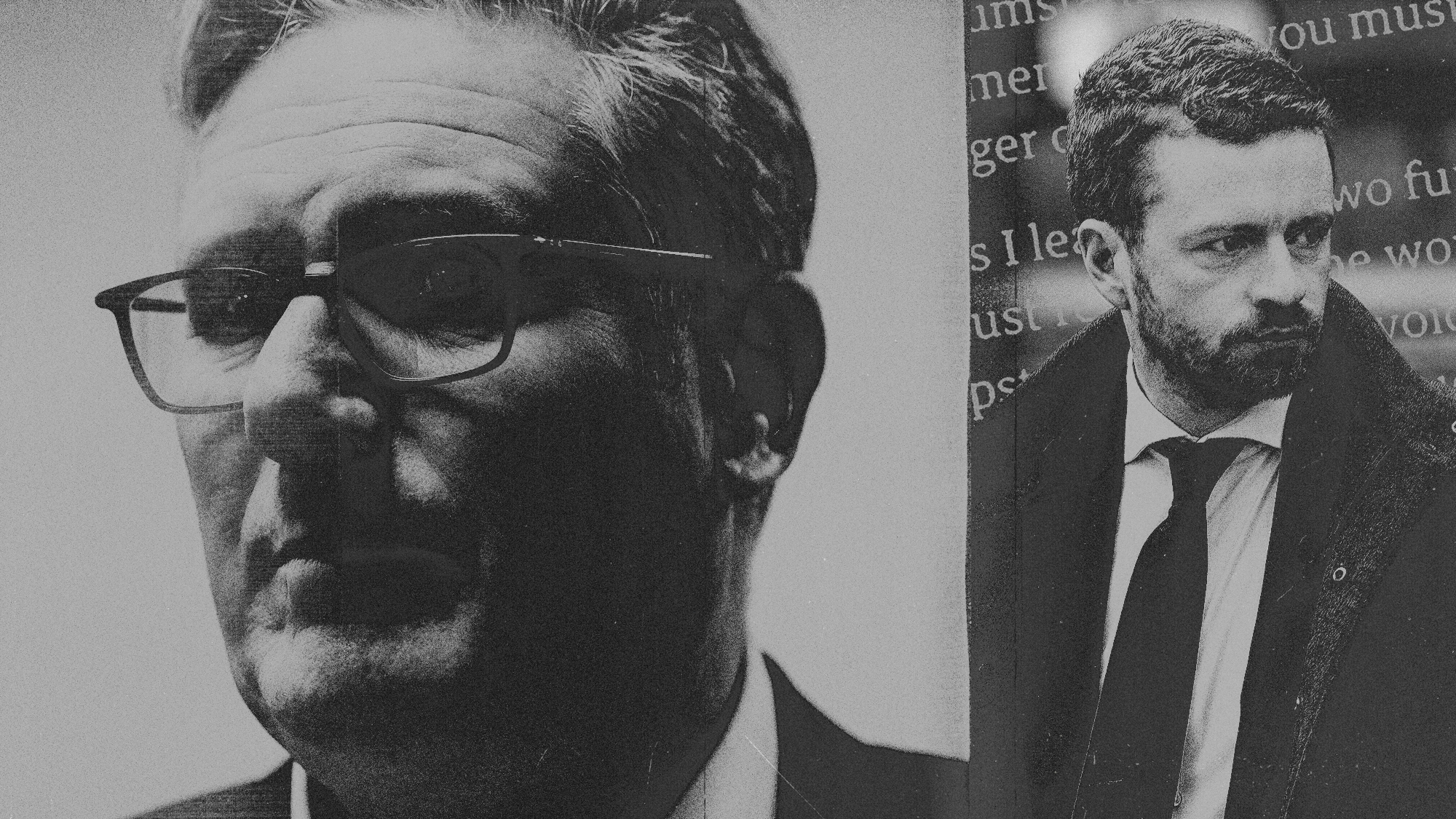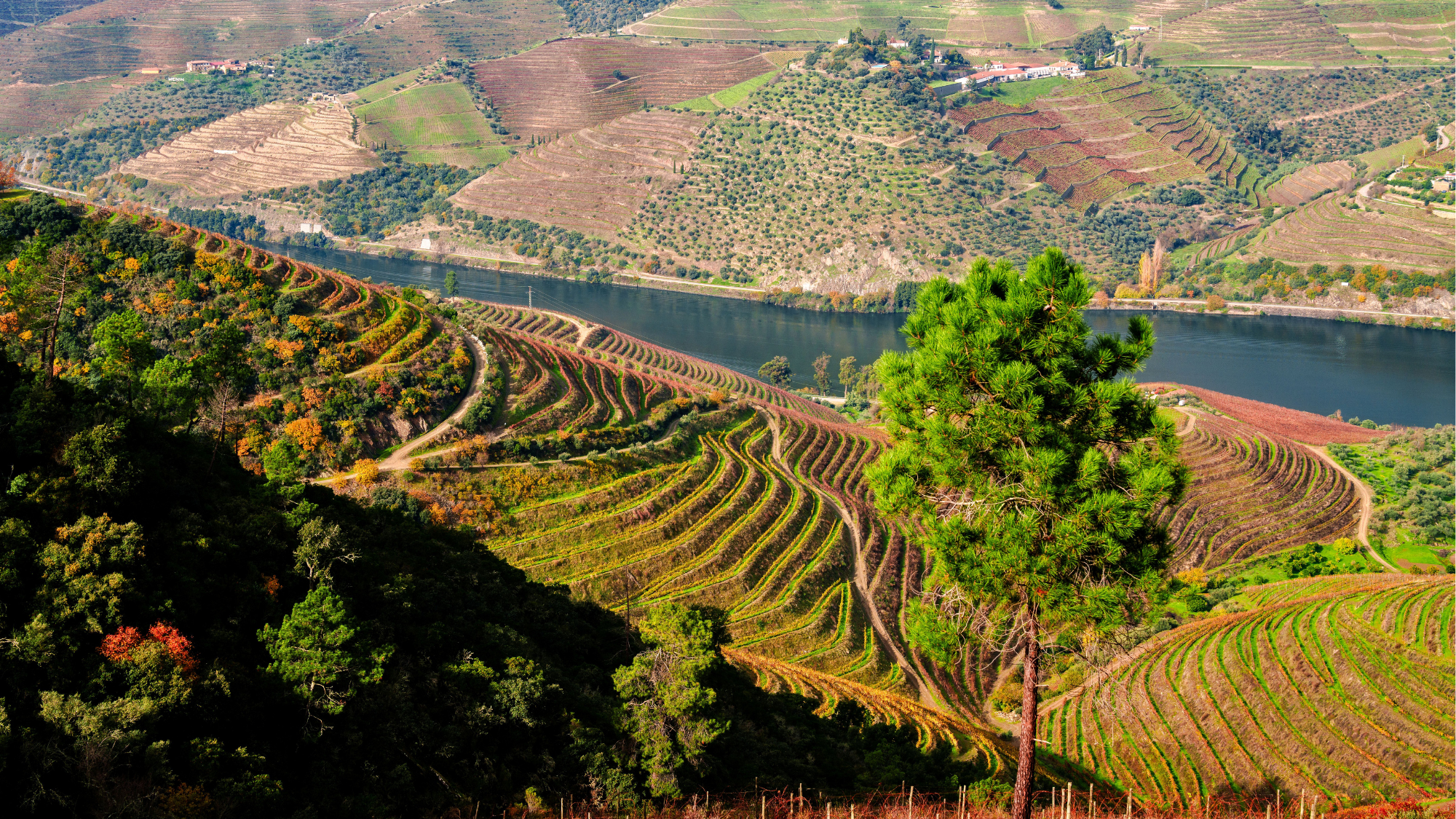Where does Belarus stand on the Ukraine war?
Leaked documents show Russian plan to absorb neighbouring state by 2030

A free daily email with the biggest news stories of the day – and the best features from TheWeek.com
You are now subscribed
Your newsletter sign-up was successful
Russia plans to absorb neighbouring Belarus by 2030, according to leaked documents seen by US and European journalists.
The 2021 Russian presidential administration paper spells out the integration of Belarus politically, militarily and economically with Moscow as part of a so-called “Union State”, said Yahoo News.
Russia’s domestic, foreign and military intelligence services (the FSB, SVR and GRU, respectively) “actively contributed to the Union State plan”, the news site said, citing an unnamed Western intelligence officer with direct knowledge of the document.
The Week
Escape your echo chamber. Get the facts behind the news, plus analysis from multiple perspectives.

Sign up for The Week's Free Newsletters
From our morning news briefing to a weekly Good News Newsletter, get the best of The Week delivered directly to your inbox.
From our morning news briefing to a weekly Good News Newsletter, get the best of The Week delivered directly to your inbox.
Despite Russia’s military intervention in neighbouring Ukraine, Yahoo News quoted the Western officer as saying: “The long-term goal to achieve total control over Belarus is still in force and hasn’t changed.”
Last month, Russia and Belarus expanded their joint military training exercises, raising concerns that Moscow is pressuring its closest ally to join the war in Ukraine.
Belarusian leader Alexander Lukashenko had previously claimed his country would not join the war, but his territory was used as a “launchpad” for a failed push towards Kyiv in February last year, said the The Moscow Times.
The 2030 plans
Russia and Belarus are “already formally part of a Union State, as per a 1999 agreement”, said Deutsche Welle (DW). But the leaked document goes further, suggesting “Russia’s plans are more about annexing Belarus by 2030”.
A free daily email with the biggest news stories of the day – and the best features from TheWeek.com
Entitled “Strategic Goals of the Russian Federation in Belarus”, the 17-page document “speaks of pushing back Western influence in the region and fortification against NATO”, the German broadcaster added.
One of its stated goals – holding constitutional reforms based on Russia’s priorities – “has already taken place in 2022, when Lukashenko held a referendum that was described as conciliatory to Putin”, said DW.
Military support for Russia
Ursula von der Leyen, president of the European Commission, last month vowed to extend sanctions on Russia to Belarus, accusing the country of militarily supporting the Kremlin in Ukraine.
Her comments came after Lukashenko apparently visited a Russian military base to meet troops and discuss the joint drills.
Unverified reports from Telegram channels monitoring military activity in Belarus suggested that “between 1,400 and 1,600” Russian troops then arrived in the city of Vitebsk, said Foreign Policy. While the information was not confirmed by official sources, it adds to “growing fears that Russia is planning a new military push from the north”, said the foreign affairs magazine.
Resisting the pressure
Belarus “depends on Moscow for fuel and security”, said The New York Times, and although Lukashenko has so far resisted being “drawn more centrally” into the war, he is under increasing pressure from the Kremlin.
Vladimir Putin made a rare visit to the Belarussian capital of Minsk in late December, the first time he had done so since 2019, raising further concerns. At the time, Lukashenko described himself and Putin as “co-aggressors, the most harmful and toxic people on this planet”.
Earlier in the year, Putin said that Moscow would supply Minsk with Iskander tactical missile systems and other air defence systems.
Last week, Lukashenko told foreign reporters, including the BBC, that if a single soldier entered Belarus from Ukraine “with weapons to kill my people”, he would be “ready to wage war, alongside the Russians”.
View inside Belarus
After Russia invaded Ukraine last year, an unnamed US defence official told The Washington Post that it was “very clear Minsk is now an extension of the Kremlin”.
EU foreign affairs and security policy chief Josep Borrell also called Belarus a “Russian satellite state”.
At the time, Lukashenko blamed the West for the war, claiming that sanctions and the exclusion of some Russian banks from the Swift global payments system were responsible for “pushing Russia into World War Three”.
But another major invasion from Belarusian territory would cause Lukashenko “grave political damage”, his opposition leader Sviatlana Tsikhanouskaya told The Atlantic last month.
“A great majority of Belarusians do not want to participate in this war,” she said, “and Lukashenko understands that too.”
Sorcha Bradley is a writer at The Week and a regular on “The Week Unwrapped” podcast. She worked at The Week magazine for a year and a half before taking up her current role with the digital team, where she mostly covers UK current affairs and politics. Before joining The Week, Sorcha worked at slow-news start-up Tortoise Media. She has also written for Sky News, The Sunday Times, the London Evening Standard and Grazia magazine, among other publications. She has a master’s in newspaper journalism from City, University of London, where she specialised in political journalism.
-
 Who is Starmer without McSweeney?
Who is Starmer without McSweeney?Today’s Big Question Now he has lost his ‘punch bag’ for Labour’s recent failings, the prime minister is in ‘full-blown survival mode’
-
 Hotel Sacher Wien: Vienna’s grandest hotel is fit for royalty
Hotel Sacher Wien: Vienna’s grandest hotel is fit for royaltyThe Week Recommends The five-star birthplace of the famous Sachertorte chocolate cake is celebrating its 150th anniversary
-
 Where to begin with Portuguese wines
Where to begin with Portuguese winesThe Week Recommends Indulge in some delicious blends to celebrate the end of Dry January
-
 New START: the final US-Russia nuclear treaty about to expire
New START: the final US-Russia nuclear treaty about to expireThe Explainer The last agreement between Washington and Moscow expires within weeks
-
 What would a UK deployment to Ukraine look like?
What would a UK deployment to Ukraine look like?Today's Big Question Security agreement commits British and French forces in event of ceasefire
-
 Would Europe defend Greenland from US aggression?
Would Europe defend Greenland from US aggression?Today’s Big Question ‘Mildness’ of EU pushback against Trump provocation ‘illustrates the bind Europe finds itself in’
-
 Is conscription the answer to Europe’s security woes?
Is conscription the answer to Europe’s security woes?Today's Big Question How best to boost troop numbers to deal with Russian threat is ‘prompting fierce and soul-searching debates’
-
 Trump peace deal: an offer Zelenskyy can’t refuse?
Trump peace deal: an offer Zelenskyy can’t refuse?Today’s Big Question ‘Unpalatable’ US plan may strengthen embattled Ukrainian president at home
-
 Vladimir Putin’s ‘nuclear tsunami’ missile
Vladimir Putin’s ‘nuclear tsunami’ missileThe Explainer Russian president has boasted that there is no way to intercept the new weapon
-
 The Baltic ‘bog belt’ plan to protect Europe from Russia
The Baltic ‘bog belt’ plan to protect Europe from RussiaUnder the Radar Reviving lost wetland on Nato’s eastern flank would fuse ‘two European priorities that increasingly compete for attention and funding: defence and climate’
-
 How should Nato respond to Putin’s incursions?
How should Nato respond to Putin’s incursions?Today’s big question Russia has breached Nato airspace regularly this month, and nations are primed to respond